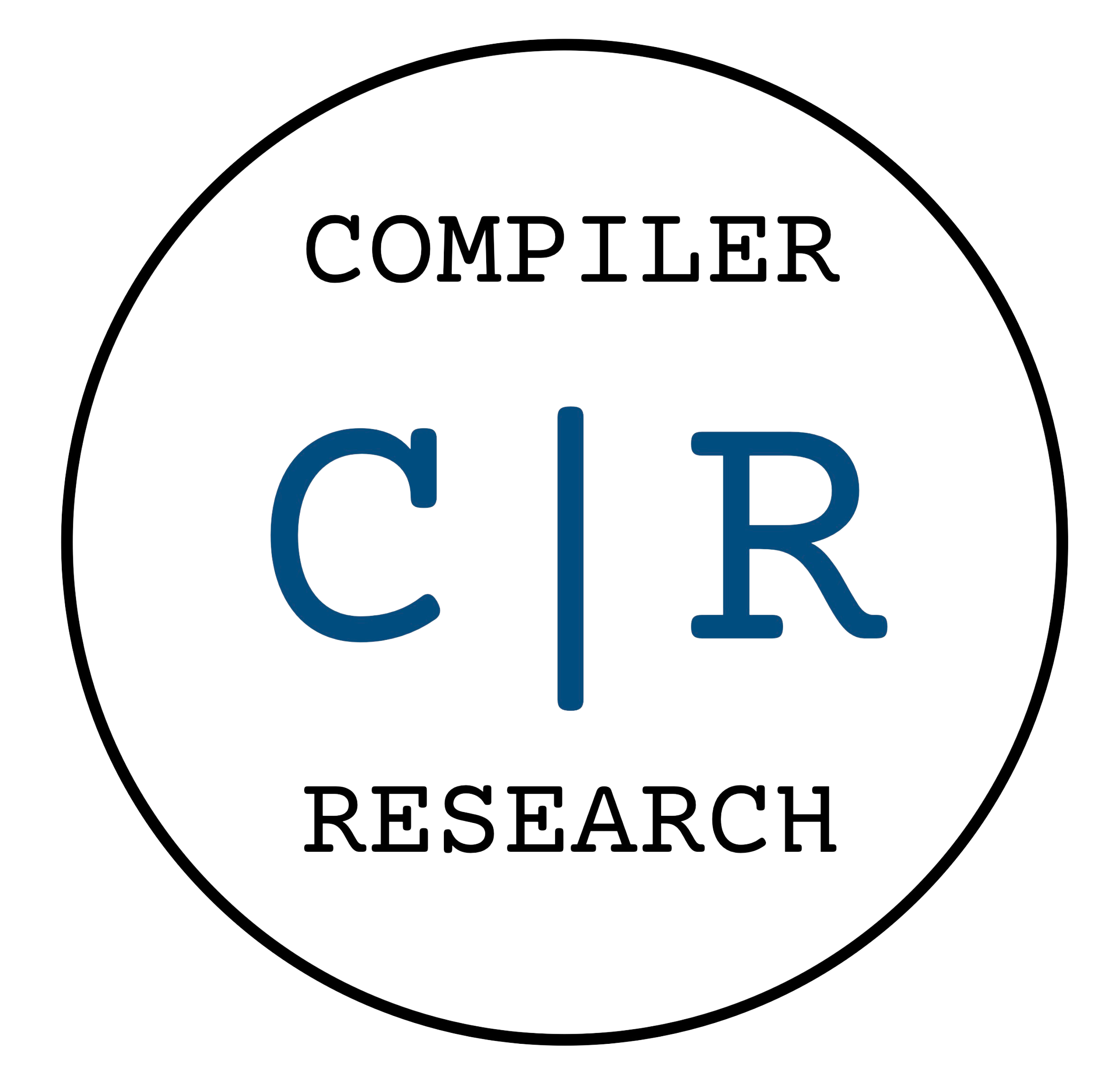Extend Clang to Resugar Template Specialization Accesses
Overview of the Project
Clang is an “LLVM native” C/C++/Objective-C compiler, which aims to deliver amazingly fast compiles, extremely useful error and warning messages and to provide a platform for building great source level tools. The Clang Static Analyzer and clang-tidy are tools that automatically find bugs in your code, and are great examples of the sort of tools that can be built using the Clang frontend as a library to parse C/C++ code. When instantiating a template, the template arguments are canonicalized before being substituted into the template pattern. Clang does not preserve type sugar when subsequently accessing members of the instantiation. This leads to many infamous pathological errors which have haunted C++ developers for decades. For example:
#include <string>
#include <vector>
using namespace std;
size_t test (vector<string> &strings) {
return strings.begin().length();
}
// clang: error: no member named 'length' in '__gnu_cxx::__normal_iterator<std::basic_string<char> *, std::vector<std::basic_string<char>>>'; did you mean to use '->' instead of '.'?
Clang has the clang::preferred_name attribute to improve the situation but with limited success.
My approach
To further enhance Clang’s expressive error diagnostics system, I implemented an eager approach to syntactic resugaring in Clang. The novel approach does not require introduction of new nodes to the Abstract Syntax Tree (AST). During the early stage of development I focused on getting the overall design for the needed transform, testing, and validating effects against member-type access to class template specializations. The initial transform was already implemented in the Clang AST for representing type substitution, and needed to keep track of the templated context. This approach resulted in limitations of the AST, therefore I developed a transform that directly look up an argument from the naming context, without the need of tracking the template context. This approach, although more efficient, required some intrusive modifications on the way substitutions are represented in the AST.
Contributions
The main contributions to this project are listed here.
Pull Requests:
- D112374 - Implement ElaboratedType sugaring for types written bare
- D131802 - Fix missing initialization of original number of expansions
- D128113 - Fix AST representation of expanded template arguments
- D111283 - Template / auto deduction deduces common sugar
- D111509 - Use getCommonSugar in an assortment of places
- D130308 - Extend getCommonSugaredType to merge sugar nodes
- D131858 - Track the templated entity in type substitution
- D127695 - Implement Template Specialization Resugaring
Contributions
-
Syntactic resugar of Non Type Template Parameters (NTTPs) is still under development. When checking template arguments, we perform substitutions on NTTPs that reference another template parameter. In this case, the instantiation is not owned by any specialization declaration. These substitutions can be performed using non-canonical arguments, but they require a higher degree of competence compared to using non-canonical arguments in the MLTAL. The same applies to alias templates and concepts.
-
Real world C++ components, especially Standard Template Libraries (STL), are often complex to the point that the sugar preservation process leads to optimization of the code only if it is able to perform across a big chain of different scenarios, with failure in any of them affecting the whole system. This issue often prevents successful resugaring in C++. Improving the type rules for syntactic sugar in STL will reduce the generation of errors in terms of desugared code, improving the relationship between the user’s source program and the program evaluation.
Acknowledgements
I thank my mentors Richard Smith and Vassil Vasilev for their excellent support, their welcoming behavior motivated me and gave me the opportunity to increase my confidence as a developer in the LLVM open community!
Credits
Developer: Matheus Izvekov
Mentors: Richard Smith (Google), Vassil Vassilev (Princeton University/CERN)
Funding: Google Summer of Code 2022
Contact me!
Email: mizvekov@gmail.com
Github Username: mizvekov
Link GSoC project proposal: Matheus_Izvekov_Proposal_2022





